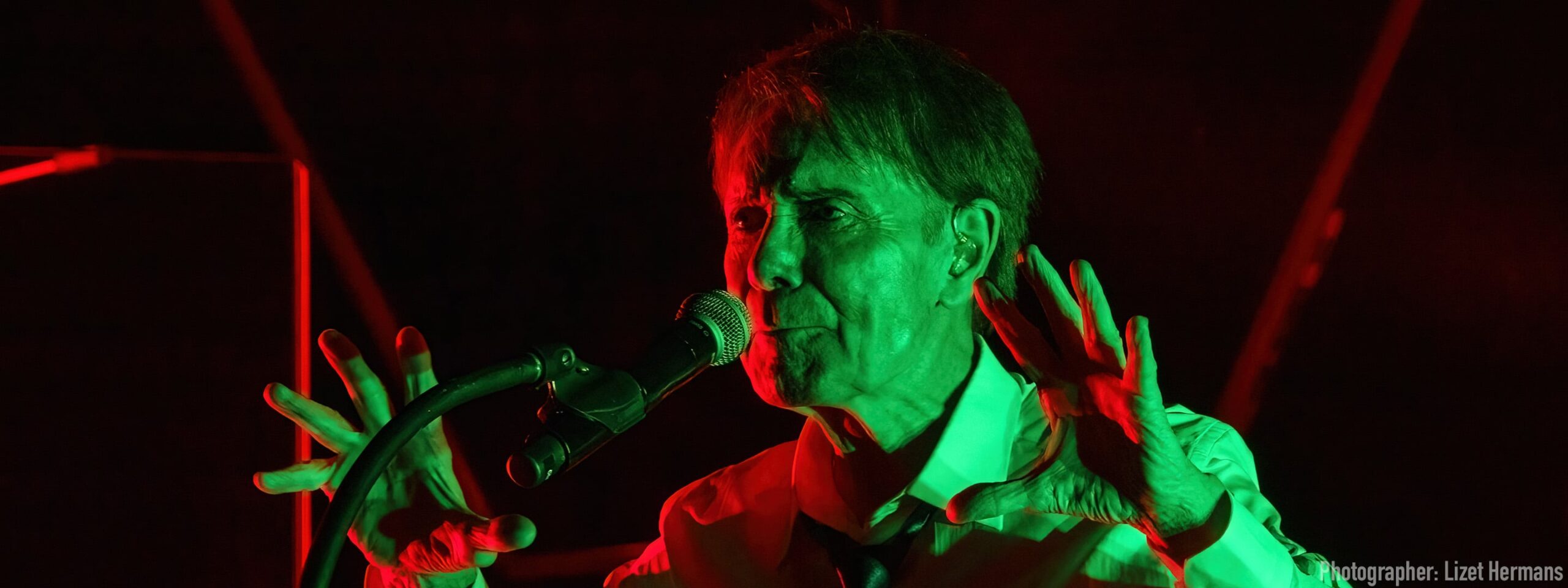
Introduction: The Symbolism of Jezebel
The figure of Jezebel has long been a symbol of defiance and independence, rooted in biblical narratives and evolving through centuries of interpretation. In recent years, this character has resurfaced in various forms of popular culture, reflecting society’s changing views on female power, morality, and self-empowerment. Understanding Jezebel’s significance is more pertinent than ever as it resonates with contemporary discussions surrounding feminism and the representation of women.
The Biblical Origins of Jezebel
Jezebel, originally a Phoenician princess, is most famously known for her portrayal in the Old Testament, particularly in the books of Kings. As the wife of King Ahab of Israel, she is often depicted as a manipulative and tyrannical figure who promoted idol worship and led her husband astray from the worship of Yahweh. Her legacy has been contentious; she is demonised as a wicked queen but has also been reclaimed by some as a symbol of strength and autonomy.
Modern Representations
Today, Jezebel’s image has been explored in various media, including television, literature, and music. Iconic TV shows such as ‘Game of Thrones’ subtly draw from her character, exemplifying how ambitious women are often portrayed as both powerful and dangerous. Furthermore, contemporary artists have begun to adopt the persona of Jezebel, using the name to reclaim and redefine feminine power.
A notable example is the Jezebel website, which focuses on feminist dialogues within media and pop culture. It emphasises women’s narratives and challenges the misogynistic undertones that have traditionally surrounded figures like Jezebel, promoting a more nuanced perspective on female ambition and sexuality.
Conclusion: A New Cultural Dialogue
The resurgence of Jezebel in popular culture highlights a shift in how society views strong women. As discussions around feminism, social justice, and the empowerment of women gain momentum, Jezebel embodies the defiance against patriarchal norms. While her image is complex, the conversations inspired by her character encourage a re-examination of morality and the biases surrounding gender. As these dialogues continue, it will be intriguing to see how the legacy of Jezebel evolves and shapes the narrative of strong women in the future.
You may also like

The Enduring Legacy of Cliff Richard
